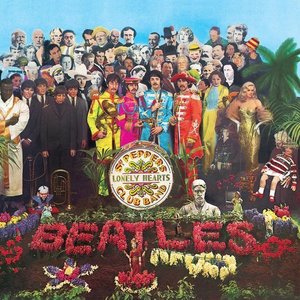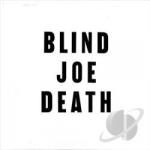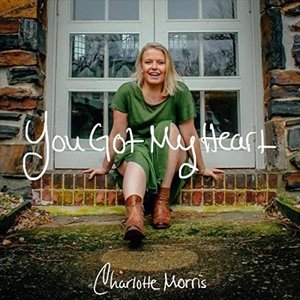
Ash by Ibeyi
Album Watch
French-Cuban twins Ibeyi are back with their second album Ash, a record that tackles subjects as...
World experimental electronic
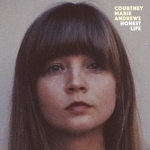
Honest Life by Courtney Marie Andrews
Album Watch
After a decade spent at the height of the music industry, touring solo and with large pop bands,...
folk

Bose® SoundSport® Free Wireless Headphones
Tech Watch
Ideal for demanding workouts, Bose® SoundSport® Free wireless headphones are completely free of...
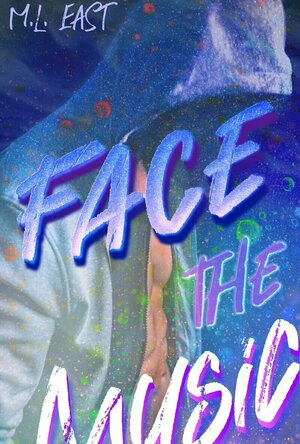
Face the Music (A Series of Falling Stars #2) by M.L. East
Book
Kasugai Ryo – your lawfully wedded nightmare. K-Pop’s five brightest stars are about to...
Contemporary Fiction Romance LGBTQ+ Chick Lit K-pop
Daniel Boyd (1066 KP) rated Sgt. Pepper's Lonely Hearts Club Band by The Beatles in Music
Nov 2, 2017
Even when the album is over the Beatles are still innovating by including a creepy loop within the groove of the album, implemented to give listeners a fright as they only expect to hear silence after the climax of ‘A Day In The Life.’ After a few moments of peace, a high pitched frequency is heard followed by a peculiar mix of abstract sounds all at once. Even after all this time, after the ridiculously high number of times that I’ve listened to the record and although I know to expect the sound before it happens, it’s still chilling to this day. This was the first time that a band intentionally included hidden sounds on an album, making listeners sit through a few seconds of silence to hear it. People claim that this album is overrated, but there is a reason that it is held in such high regard and whether you think this album deserves its legendary status or not, it is impossible to debate the fact that it is probably the most important album ever recorded. Everything from the album artwork to the music and the lyrics is still extremely relevant and important, even in this current digital age of music.

ooTunes Radio - Recording and Alarm Clock!
Music and News
App
INFINITE Tunes, Talk, Sports, and Entertainment Radio! CNET readers ranked ooTunes as #2 app...

iGoBeat Pro
Games and Music
App
~~TOUCH THE MUSIC ENJOY THE BEATS~~ About iGoBeat iGoBeat is a fantastic new generation music...
Lee Ronaldo recommended Blind Joe Death by John Fahey in Music (curated)

Radyo Kulesi - Tüm Türkçe Radyolar - Müzik Dinle
Music and Entertainment
App
Radyo Kulesi is the only app you need for Turkish music! Tune in to more than 700 Turkish radio...
Bong Mines Entertainment (15 KP) rated You Got My Heart - Single by Charlotte Morris in Music
Jun 18, 2019
“I don’t always know what I wanna say when I look at you. And every time I think that I’ve made up my mind, you do something new. When I spend the whole day wondering if you’re ever gonna call, you never do. But as soon as I decide that I’m walking away, then I hear from you.” – lyrics
‘You Got My Heart’ tells an interesting tale of a young woman who is head-over-heels in love with a guy who she shares a long-distance relationship with.
But she wants to know if her beau loves her the same way how she loves him. Also, the answer to that question kinda bothers her deep down to her soul.
Later, she admits that she doesn’t know if their relationship will last because she doesn’t know if she really has him as a committed partner.
‘You Got My Heart’ contains a relatable storyline, pleasing vocals, and guitar-driven instrumentation flavored with sentimental elements.
“‘You Got My Heart’ is a sunshine-pop take on the struggles of long-distance relationships. This isn’t your typical summer song about falling in love, but it has the upbeat, bop-along groove while expressing something that can be difficult to face. Instead of wallowing in a sad ballad, this became my pump up jam as I figured out where to go next. ‘You Got My Heart’ is a great song for summer, windows-down road trips, and anyone looking to find the silver lining in a less-than-ideal situation.” – Charlotte Morris
Charlotte Morris draws inspiration from many of her favorite artists including Delta Rae, Brandi Carlile, Christina Perri, and folk legends like Peter, Paul and Mary, and Simon & Garfunkel.
Her songs, which are mostly auto-biographical, also reflect her years in the theatre. Also, when she’s not writing and releasing music, Charlotte can be seen performing in theatrical productions across the country, playing with dogs, and eating cheese.
https://www.bongminesentertainment.com/charlotte-morris-you-got-my-heart/
